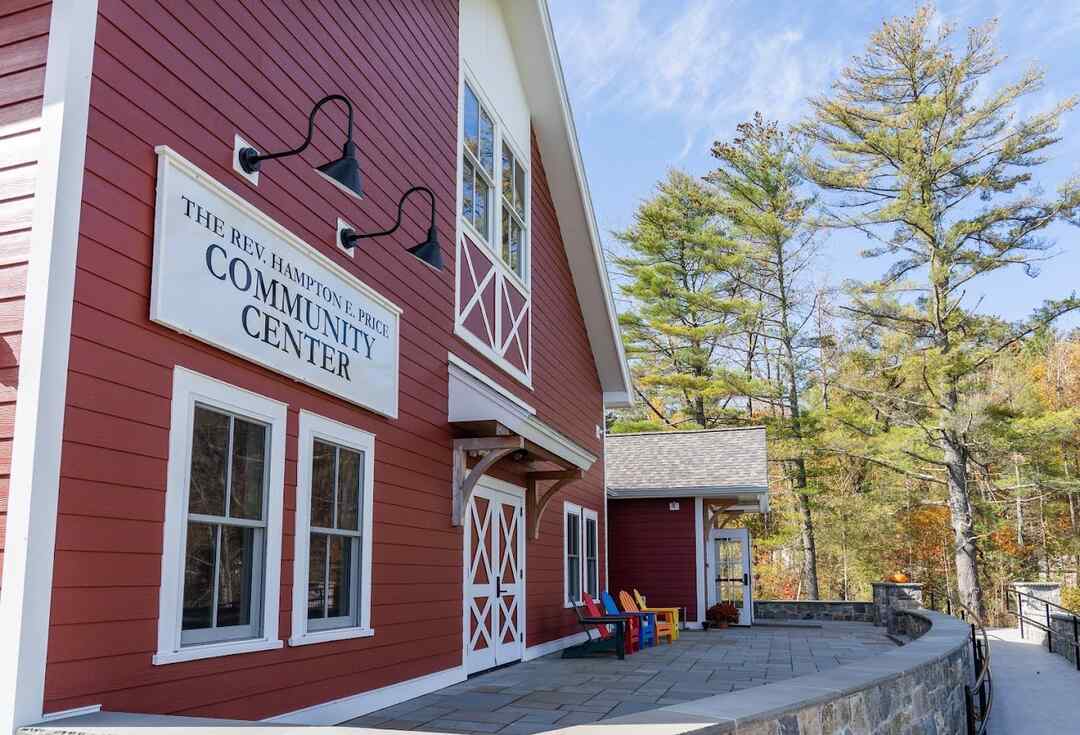About Gould Farm – Monterey
Gould Farm is located in Monterey, Massachusetts. They’ve been helping individuals with mental health challenges for more than a hundred years. Adults who are struggling with issues such as major depression, bipolar disorder, schizoaffective disorder, and other mental health conditions that interfere with quality of life on a daily basis.
This is a working farm with 750 acres of beautiful land and comfortable living quarters that allow residents to support each other while receiving the support and confidence they need to live a fulfilling and productive life.
There are three guest houses with shared living spaces and bathrooms. Each resident has a private bedroom, though there is support available day and night, with a resident advisor available in each house overnight.
This is not just a place to go to learn how to work on a farm, though clients do gain life and job skills through the Gould Farm work program. There are many support, treatment, and therapy options to create the most effective personal treatment plan for each resident.
Therapy philosophies that are integrated into care may include cognitive (CBT) and dialectical behavior therapy (DBT), mentalization based treatment, internal family system therapy, and other modalities of evidence-based treatment. There are also many group therapy opportunities including skills groups, recovery and appropriate AA, NA, or MA groups. Polyvagal, transition skills and challenging stigma groups are all a part of developing the life skills to succeed in life and therapy goals.
Residents spend approximately 5 to 6 hours a day working on the farm after they get settled into the program. There are also scheduled therapy and group activities throughout the week. Recreation and fun activities are a part of life at Gould Farm and individuals have relaxation time, too.
Gould Farm accepts clients who are 18 or over. They do not accept anyone who has a primary diagnosis of dementia or significant cognitive impairment, substance abuse, or an eating disorder. They also don’t accept anyone who has a history of sexual offenses, arson, or ongoing violence. Clients should not have any unresolved legal issues before the courts at the time of admission.
They do accept insurance, but it is usually only secured after a medical necessity letter is obtained. It’s important that you check with your personal health insurance provider to verify what coverage you have, whether you are in-network, and if there are any financial obligations that you’ll be responsible for when in treatment.



